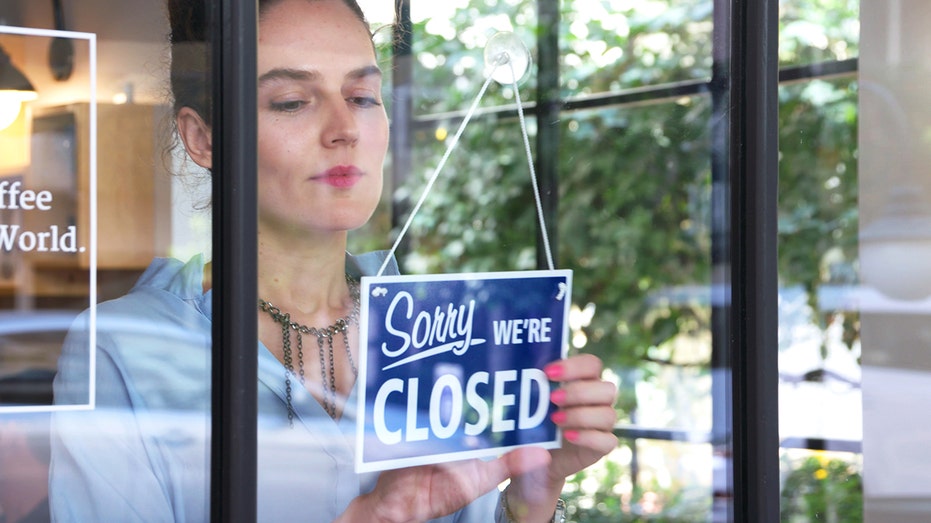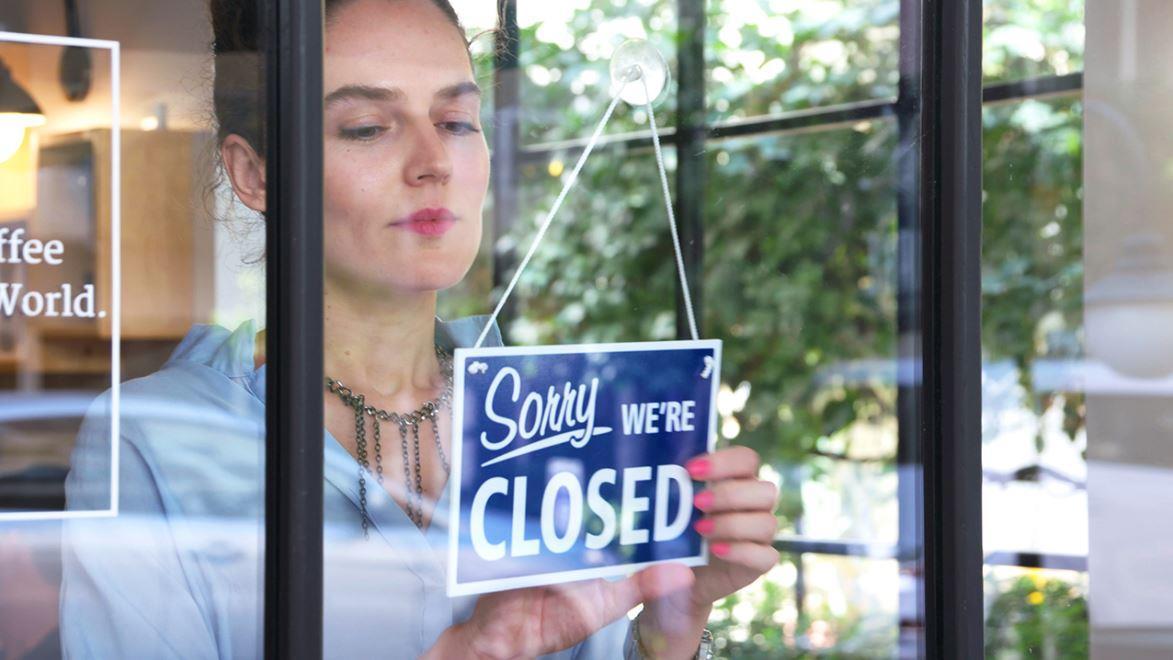Minimum wage strangling Seattle restaurant workers
'We’re losing jobs, we’re losing hours, we’re losing tipped income and it’s not good'
Minimum wage increases may be costing Americans their livelihoods.
“There have been several restaurants in Seattle that have closed because of the [burdensome] laws that are coming down—that are hitting them—and the minimum wage is one of those,” Full Service Workers Alliance co-founder Simone Barron told FOX Business’ Stuart Varney.
CALIFORNIA RISING MINIMUM WAGE CAUSES YET ANOTHER RESTAURANT TO CLOSE
Beginning in 2020, the city of Seattle will increase the minimum wage for companies employing over 500 workers from $16 per hour to $16.39 per hour. Companies employing 500 workers or fewer will see their required minimum pay increase from $15 per hour to $15.75 per hour in the new year—if they do not contribute $2.25 per hour to medical benefits or the employee does not earn $2.25 per hour in tips.

BANK OF AMERICA ACCELERATES TIMELINE FOR $20 MINIMUM WAGE
Barron herself is a victim of this mandated pay raise. The restaurant at which she currently works, her former place of employment, and the restaurant at which she was hoping to work will all be closing in 2020, she said.
“All of this is due to the minimum wage increase paired with other laws that are coming down through our city council,” she explained.
'DEATH BY A THOUSAND CUTS': GOVERNMENT-MANDATED WAGE, BENEFITS HURTING SMALL BUSINESSES
The Full Service Workers Alliance co-founded by Barron aims to “steer and help mold” laws to improve working conditions and protect the freedoms of workers in the full-service restaurant industry, according to the organization’s website.
Barron linked the minimum wage increase to gradual decreases in the industry including losses in hours, losses in tipping and the loss of supporting jobs such as bussers and hosts. She added that the opportunities young people usually rely on for their first jobs are also disappearing.
GET FOX BUSINESS ON THE GO BY CLICKING HERE
She did, however, offer possible solutions to the problem.
“We could have something like an exemption for tipped workers,” Barron suggested.
She argued that tipped workers who were already making “far above” the minimum wage never asked for an increase and that an exemption would allow money to go to those who really need it—citing cooks and dishwashers specifically.
“We need to have some sort of balance here, because right now, you know, we’re losing jobs, we’re losing hours, we’re losing tipped income and it’s not good,” she concluded.
CLICK HERE TO READ MORE ON FOX BUSINESS




















